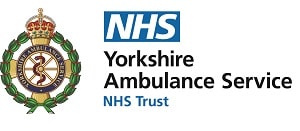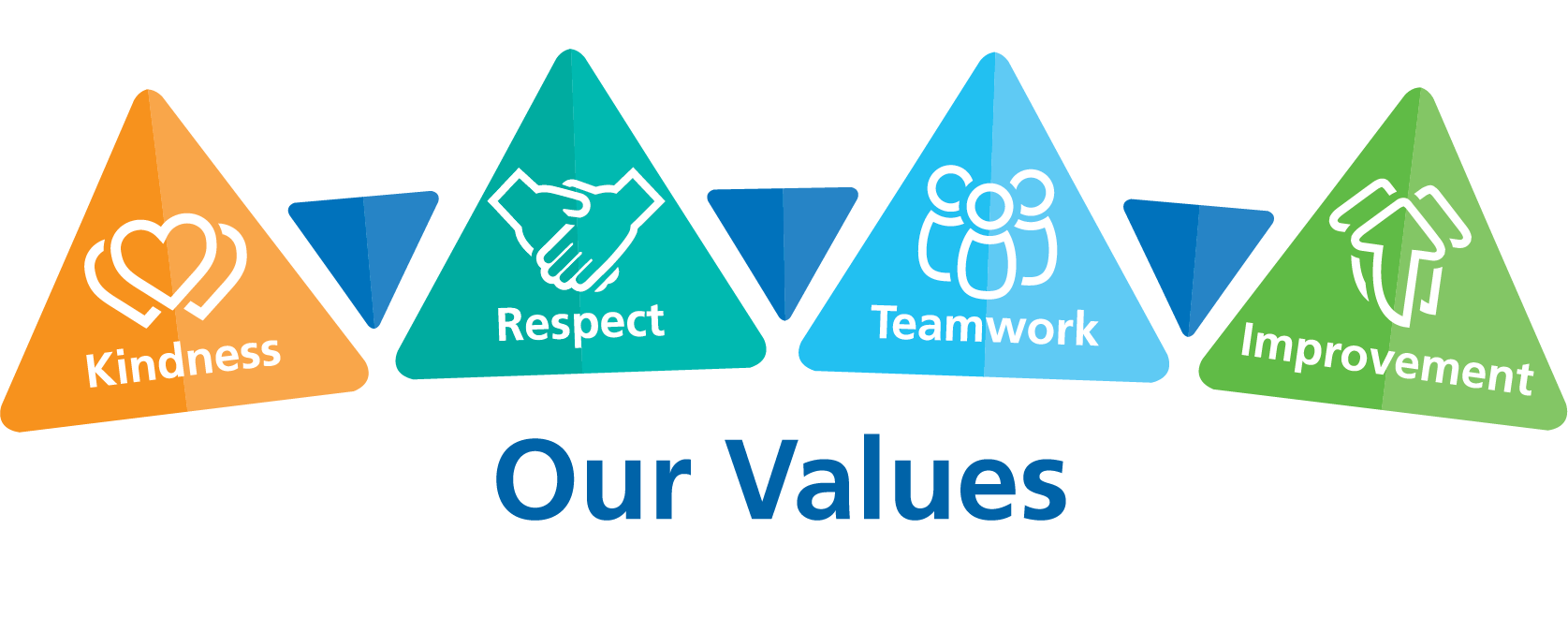‘Stay safe over the August bank holiday and use the emergency ambulance service wisely’
24 August 2017
Yorkshire Ambulance Service NHS Trust (YAS) is preparing for a busy bank holiday weekend by encouraging people to keep themselves and others safe so that emergency ambulances are available for those who need them most.
The Trust usually experiences an increase in 999 calls over bank holidays and they expect the forthcoming weekend to be just as busy.
Paul Mudd, a Divisional Commander at Yorkshire Ambulance Service, said: “More people tend to be out and about socialising with friends and family over the August bank holiday weekend and this can lead to more people becoming ill or suffering injuries and requiring medical attention. We often see an increase in alcohol-fuelled incidents too and whilst we don’t want to stop people having a good time, we are asking people to stay safe and look after themselves and others.
“In addition, the region is hosting a number of large sporting and music events, including the Ebor Race Festival at York, the Leeds Festival at Bramham Park and various football matches, which are likely to make the roads busier.”
The ambulance service is keen to ensure people are aware of the range of healthcare services available for advice and treatment for non-emergencies and less serious conditions. They include local pharmacies, NHS 111, minor injuries units, walk-in-centres or urgent care centres. The NHS Choices website can help people find their nearest service as well as providing advice on minor conditions - www.nhs.uk
Paul Mudd continued: “We certainly don’t want to discourage people from calling 999 in a genuine emergency, but we are asking people to consider whether an emergency ambulance is the most appropriate service for their needs. Our clinical staff often find themselves responding to patients who have reported a serious condition only to find they have a minor illness or injury which could have been treated by an alternative service.
“We want people to enjoy their bank holiday weekend and keep our ambulance crews for those in a serious or life-threatening condition. Please act responsibly and enjoy a safe weekend.”
ENDS
Notes to Editor:
Examples of when you should call 999 for an ambulance:
- chest pain
- difficulty in breathing
- loss of consciousness
- heavy loss of blood
- severe burns and scalds
- choking
- fitting/convulsions
- severe allergic reaction
- head injury.
(Please note: This is not an exhaustive list)
Examples of inappropriate 999 calls:
- ear pain
- toothache
- stubbed toe
- broken finger nail
- sore throat
- hangover
There is a variety of healthcare services available:
- Self-care - A range of common illnesses and injuries can be treated at home by combining a well-stocked medicine cabinet with plenty of rest. This is the best choice for very minor illnesses and injuries.
- NHS 111 - NHS 111 provides confidential health advice and information, 24 hours a day.
- Pharmacist - Your local pharmacist can give you advice on illnesses and the medicines you need to treat them. Visit a pharmacist when you are suffering from a common health problem which does not require being seen by a nurse or doctor.
- GP - GP surgeries provide a range of services by appointment, including medical advice, examinations and prescriptions. In an emergency, a GP can also visit your home outside of opening hours by contacting your local surgery and following the recorded instructions.
- NHS walk-in centre, urgent care centre or minor injuries unit - You do not need an appointment and you will be seen by an experienced nurse or GP. These services give healthcare and advice and most are open from early in the morning until late at night. Visit one of these centres if you need medical treatment or advice which does not need a visit to A&E or a medical appointment.
- A&E or 999 - A&E or 999 should only be used in a critical or life-threatening situation when someone is seriously ill or injured.
Yorkshire Ambulance Service NHS Trust covers almost 6,000 square miles of varied terrain from isolated moors and dales to urban areas, coastline and inner cities and provides 24-hour emergency and healthcare services to a population of more than five million people. The organisation receives an average of 2,450 emergency and routine calls per day and employs over 5,000 staff. The Patient Transport Service made over one million journeys in 2016-17 transporting patients to and from hospital and treatment centre appointments. The Trust’s NHS 111 service helped 1.5 million patients across Yorkshire and the Humber, Bassetlaw, North Lincolnshire and North East Lincolnshire during 2016-17.
Produced by: Corporate Communications Department

